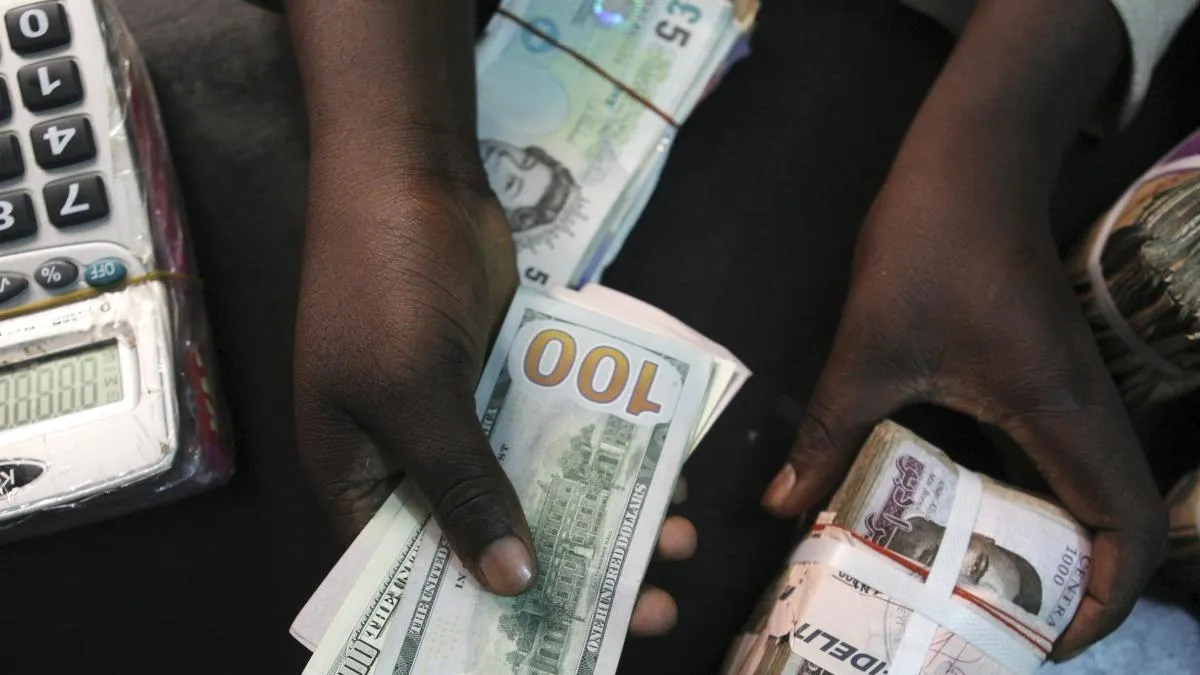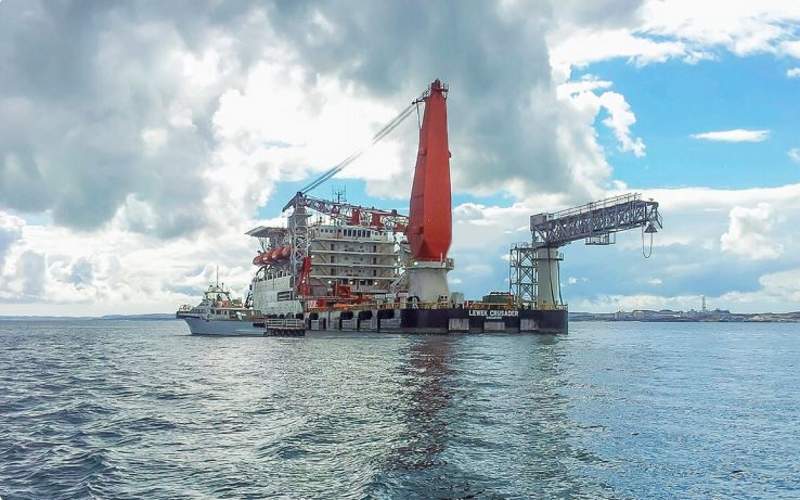Currency crisis in Nigeria deepens as its currency, the Naira, has dropped to ₦1,040 per dollar, which comes as a national industrial association has warned that soaring inflation is a threat to the country’s economy.
In the parallel market, Nigeria’s currency has dropped to N1,040 per US dollar as supply surpassed demand, which was due to increased scarcity, according to a report by a Nigerian business news publication, Nairametrics. In September, the benchmark exchange rate of N1000 to $1 was broken in the parallel market where unauthorized currency is transacted, though some analysts believed that this was only a temporary adjustment. This comes as the Manufacturers Association of Nigeria (MAN) said in a statement on Wednesday (11 October) that soaring inflation, which reached 25.80% in August, is a threat to the country’s economy.
Francis Meshioye, MAN’s president, lamented that in the last six months, Nigeria’s manufacturing sector had continued to shrink due to the rising cost of production. “More worrisome is the fact that the sector that should propel job creation, productivity, and economic growth is enmeshed with a series of challenges that constantly limit its contribution to the (GDP),” he said. In its new World Economic Outlook released on Tuesday (10 October), the International Monetary Fund (IMF) has downgraded Nigeria’s economic growth by 0.3% to 2.9% for 2023 following weaker oil and gas production. Still, the IMF has welcomed reforms that are being implemented by Nigerian President Bola Tinubu’s government, and it forecast faster economic growth in the West African nation next year.



